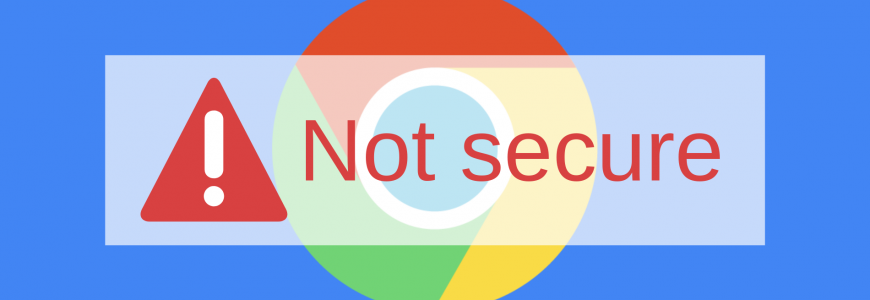In an October 18th Public Service Announcement released by the FBI; the agency warned that individuals applying for Federal Student Loan forgiveness under the Biden administration’s Student Loan Debt Relief Plan may be targeted by scammers. Since the announcement of the plan in August; borrowers have received phone calls, text messages, and even emails from scammers attempting to collect personal and financial details under the guise of helping the victim obtain student loan forgiveness.
Someone claiming to represent the Department of Education or a financial institution may contact you with a message like this:
“Hi, this is Jane Doe calling with Student Loan Relief. I’m actually reaching out to you regarding your federal student loan balance. We’ve got some good news, you’ve been prequalified for the Student Loan Forgiveness Program, however it is imperative that we speak to you just as soon as possible before these programs change.”
These messages are intended to cause a sense of urgency in the recipient. If you receive one of these calls it should be disconnected immediately. Do not engage with the caller or call any numbers they may leave in the message. This applies to emails and text messages as well. Always check the telephone number, website, or email address carefully. Avoid opening emails and texts from numbers or addresses that you do not recognize. Never enter personal or financial information into unfamiliar websites. Look for spelling and grammar errors that are tell-tale signs that something is not right. Be extremely wary of messages soliciting payment in cryptocurrency (Bitcoin, Ethereum, etc.). These transactions are not monitored by any governing authority and your money likely will not be recoverable.
To protect yourself from possible scams; apply only at https://studentaid.gov/debtrelief
This is the only official website to apply for student loan forgiveness. Do not pay to apply, applications for debt relief are free. The real application will ask for your name, birth date, Social Security number, phone number, and address. It will not ask for your bank account, credit or debit card information.
Official emails relating to your application will only come from:
[email protected]
[email protected]
[email protected]
Pay close attention to the sender’s email address if you receive an email about student loan forgiveness. Email addresses with lots of numbers or typos are a red flag.
Lastly, if you believe you have been the victim of one of these scams; we recommend the following steps.
1. Contact your bank or credit card company as soon as possible. Let them know your information may have been compromised and activate any fraud protections they offer.
2. You can submit a report directly to Federal Student Aid at https://studentaid.gov/help-center/answers/article/how-do-i-submit-a-complaint-or-report-a-scam-or-suspicious-activity
Report the fraud to the Federal Trade Commission at https://reportfraud.ftc.gov/#/
Report the incident to your state’s Attorney General, locate your AG here: https://www.naag.org/find-my-ag/




